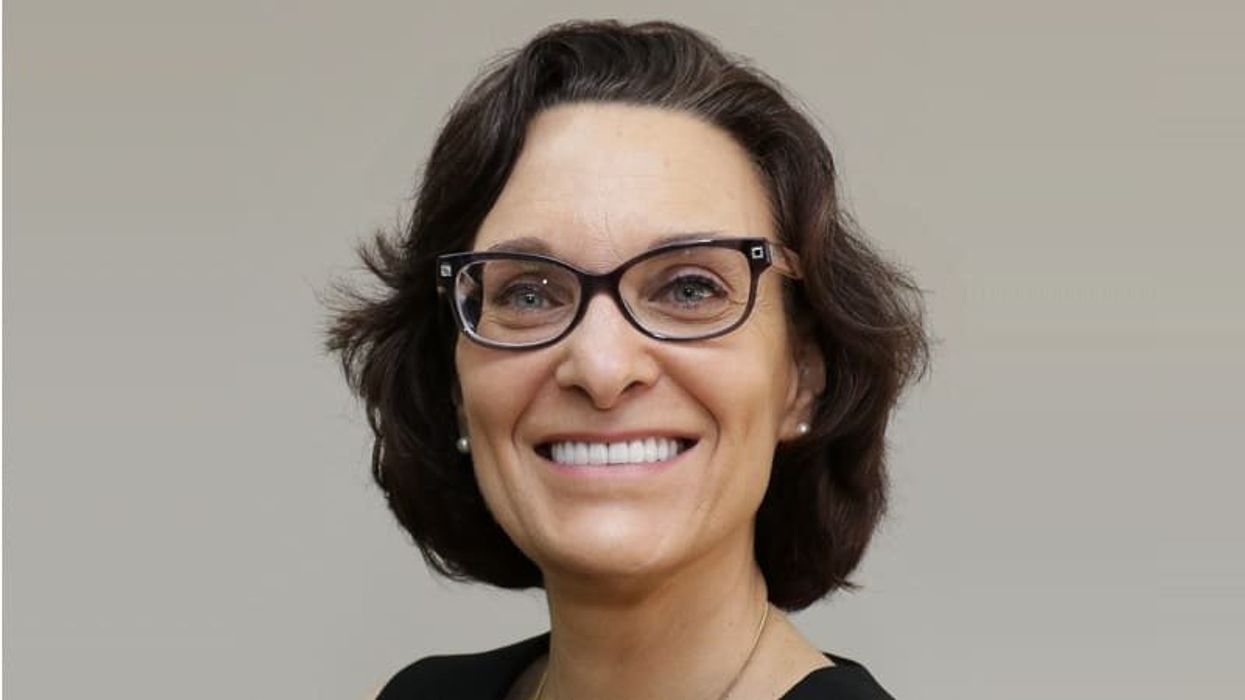Nevins is co-publisher of The Fulcrum and co-founder and board chairman of the Bridge Alliance Education Fund.
Suzette Brooks Masters is a senior fellow at the Democracy Funders Network and director of DFN’s Better Futures Project. She prides herself on seeing around the corner and challenging conventional thinking.
She is a social entrepreneur, philanthropic advisor, thought leader, and strategist in the fields of democracy, futures, and pluralism. Previously, she advised foundations, nonprofit organizations, policy makers and corporations on the impact of immigration on America. She did so from roles at the American Immigration Council, Grantmakers Concerned with Immigrants and Refugees, Welcoming America, the J.M. Kaplan Fund (where she directed the Migration Program from 2007 to 2016) and as a consultant.
She has received numerous awards for her philanthropic vision and impact, and accolades for her publications. She has served on the boards of the Berkshire Taconic Community Foundation, Define American, the New York Immigration Coalition, the Tenement Museum, HIAS, the National Immigration Forum and New York Cares, which she co founded. Masters is a graduate of Harvard Law School, Cambridge University and Amherst College. A lifelong New Yorker, she is the daughter and granddaughter of immigrants.
I had the wonderful opportunity to interview Masters in May for the CityBiz “Meet the Change Leaders” series. Watch to learn the full extent of her democracy reform work:
The Fulcrum Democracy Forum Meets Suzette Brooks Masters, Sr. Fellow, The Democracy Funders Networkwww.youtube.com




















Trump & Hegseth gave Mark Kelly a huge 2028 gift